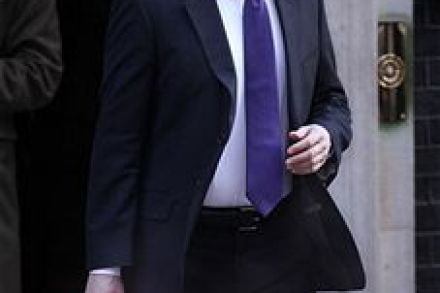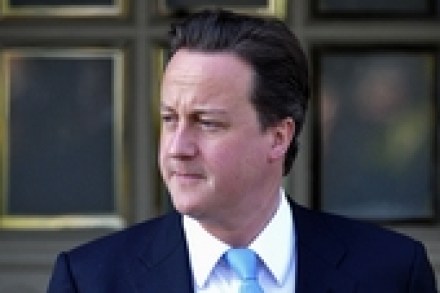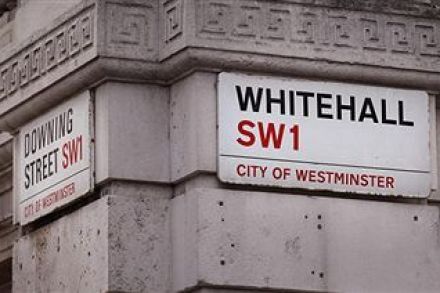Cameron’s Libyan double standard
After the Libyan blood money scandal at the LSE, inquiries were bound to be made about other universities. Robert Halfon, the Conservative MP for Harlow, has exposed how Liverpool John Moores University (LJMU) agreed to contracts with Gaddafi’s Libya worth at least £1,272,000.00. (He has since been threatened with a defamation suit for pointing this out, but that’s for another time.) He raised the issue in parliament and the Prime Minister replied: ‘I think that there are lessons to be learned. As I have said, I think that it was right (of the previous government) to respond to what Libya did in terms of weapons of mass destruction, but I














